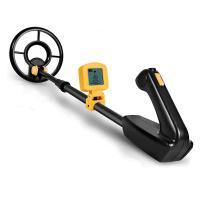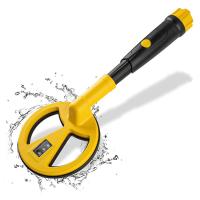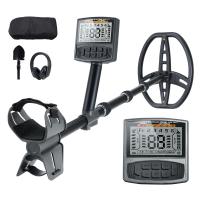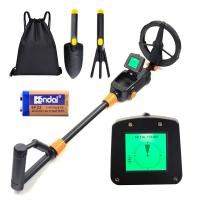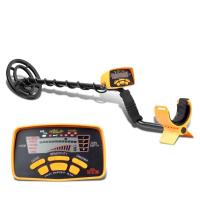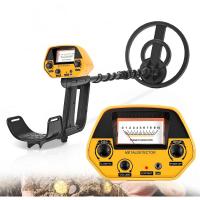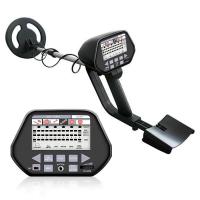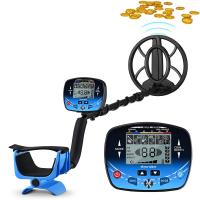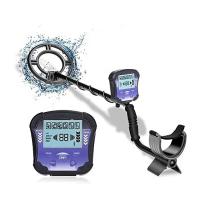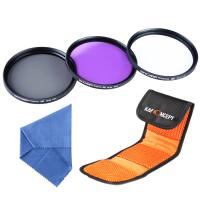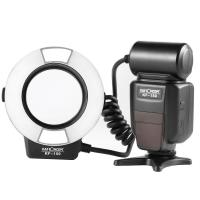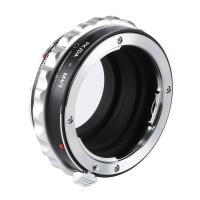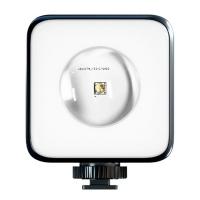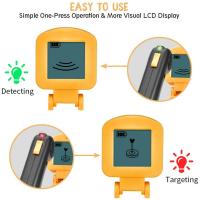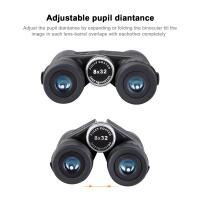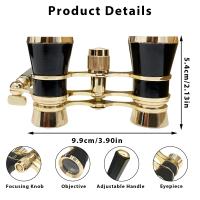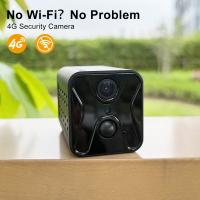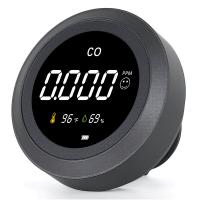What Is Metal Detector Used For?
Metal detectors are fascinating devices that have a wide range of practical applications and serve varied purposes in different industries and contexts. Despite their seemingly simple function of detecting metal beneath surfaces, their uses extend far beyond recreational treasure hunting. In this article, we’ll dive into the practical ways metal detectors are employed, how they meet different human needs, and the technical specifics of these devices. Whether you're a hobbyist, a security professional, or just curious about the technology, you'll leave with a deeper appreciation of how metal detectors add value to everyday life.
The Basic Functionality of a Metal Detector
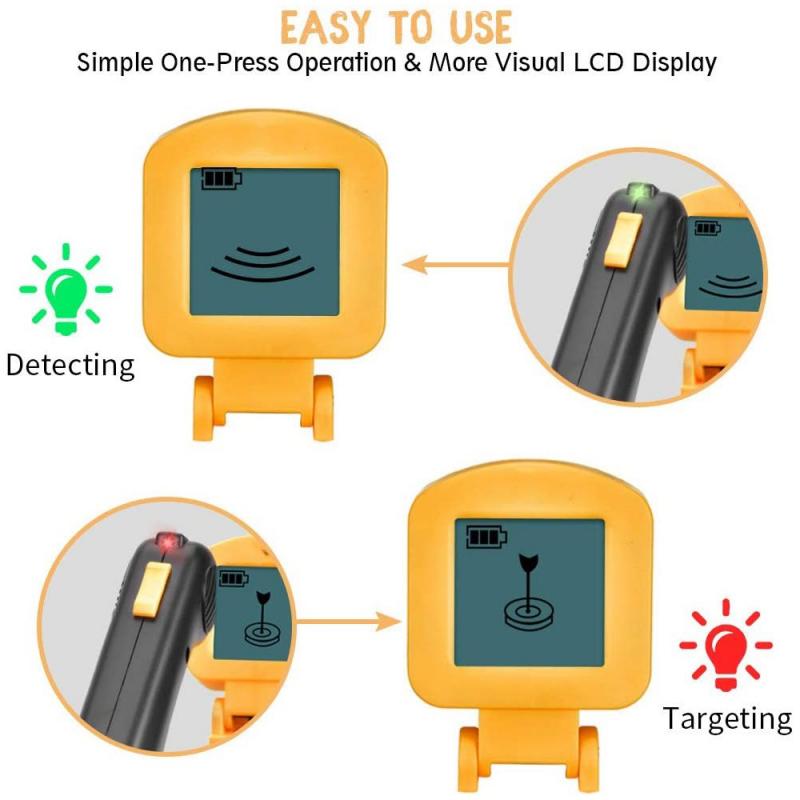
Before exploring the specific uses, it’s important to understand the core functionality of metal detectors. A metal detector is an electronic device that uses electromagnetic induction to identify metallic objects. When you sweep a metal detector over the ground or another surface, it generates an electromagnetic field. If metal is present in the area, it disrupts this field, causing the detector to emit an audible or visual alert. The sensitivity of metal detectors can vary widely depending on their intended purpose, and modern devices often include advanced features like discrimination (to differentiate between types of metal), depth indicators, and waterproof builds for diverse environments.
Now, let’s look at the specific areas where metal detectors come into play and solve real-world problems.
---
1. Recreational Treasure Hunting
One of the most popular uses of metal detectors is for hobbyists seeking buried treasures, coins, historic artifacts, or even just interesting metallic objects. This form of leisure is often referred to as “metal detecting” and has gained immense popularity around the world, with enthusiasts flocking to beaches, parks, and other open areas to explore what lies beneath the surface.
Purpose:

The primary purpose here is to find valuable or sentimental items buried underground. Treasure hunters often dream of discovering lost coins, jewelry, or relics from the past.
Real-World Impact:

While mostly recreational, this use of metal detectors has occasionally led to remarkable findings, such as archaeological discoveries or unearthed treasures worth significant monetary or historical value. Famous findings, like ancient hoards or rare coins, have often been uncovered by amateur hobbyists using detectors.
---
2. Security and Safety
Metal detectors play a pivotal role in ensuring security and preventing unauthorized materials from being carried into restricted areas. They are often seen at airports, government buildings, schools, concerts, and other public spaces.
Purpose:

Security-focused metal detectors are designed to identify weapons, such as guns and knives, and other prohibited items on individuals entering a facility. They help in mitigating risks of violence or other security breaches.
Real-World Impact:
In airports and other high-security venues, walk-through metal detectors and hand-held scanners are essential tools for keeping people safe. This application has proven essential in protecting individuals from potential threats and ensuring the smooth operation of transportation hubs and large-scale events.
---
3. Industrial and Construction Applications
Beyond recreational and security purposes, metal detectors also serve critical functions in industrial settings. These include construction, mining, manufacturing, and waste management.
Purpose:
In the industrial context, metal detectors are used to locate hidden or embedded metallic objects in soil, walls, or materials. For instance:
- On construction sites, metal detectors can be utilized to locate metal reinforcements or buried utility lines, such as gas or electrical cables, to avoid accidents during excavation.
- In manufacturing, metal detectors ensure quality control by identifying unwanted metallic particles in food products, pharmaceuticals, or textiles.
Real-World Impact:
Employing these detectors improves operational safety and avoids costly damages. In the food industry particularly, metal detectors help companies ensure regulatory compliance and product quality by preventing contamination.
---
4. Archaeology and Historical Studies
Archaeologists often rely on metal detectors during excavation and exploration. These tools allow researchers to locate artifacts made of metals such as iron, bronze, gold, or silver.
Purpose:
Metal detectors are invaluable for mapping and discovering items of historical importance. Archaeologists often use them to preserve cultural heritage by identifying relics belonging to ancient civilizations.
Real-World Impact:
In numerous instances, historical treasures that would have otherwise remained hidden have been unearthed thanks to the careful and systematic use of metal detectors. Many museums are home to precious items recovered this way, shedding light on previously unknown facets of human history.
---
5. Military and Demining Operations
Metal detectors have long been instruments of national defense, especially in uncovering landmines, unexploded ordnance (UXOs), and other remnants of war.
Purpose:
The specific goal in this context is to safely identify and neutralize buried explosives and other hazardous metallic items. Metal detectors used in military applications tend to be highly specialized and robust.
Real-World Impact:
Metal detectors have saved countless lives in post-conflict regions by aiding the safe removal of landmines and UXOs. Organizations involved in humanitarian demining operations use these devices to clear land for safe agricultural, residential, or recreational use.
---
6. Medical and Healthcare Applications
Although this is a relatively specialized use, metal detectors are also found in the medical sector. For example, they may serve to locate metal fragments in a patient’s body during emergency surgeries or after accidents.
Purpose:
These devices can ensure surgeons have accurate data before performing medical procedures, thereby improving patient outcomes.
Real-World Impact:
Although a niche application, the use of metal detectors in medicine contributes directly to saving lives and facilitating faster, safer surgeries.
---
7. Environmental Cleanup
Environmental conservation efforts also utilize metal detectors to aid cleanup initiatives by detecting and removing metal waste scattered in beaches, forests, and other natural areas.
Purpose:
Here, the goal is to rid the environment of harmful debris that could injure wildlife, pollute ecosystems, or pose potential hazards to humans.
Real-World Impact:
This application of metal detectors plays a part in promoting sustainable and greener practices while ensuring safer public spaces.
---
Advanced Features: Tailoring Metal Detectors for Specific Needs
The versatility of metal detectors is further enhanced by the myriad of features included in modern models:
- Discrimination: Allows users to distinguish between different types of metals, such as ferrous and non-ferrous metals.
- Pinpointing Modes: Helps users locate the exact position of the detected metal.
- Waterproof Designs: Critical for underwater treasure hunting or security in wet environments.
- Depth Indicators: Provides an estimate of how deeply buried the metal object is.
These features enable metal detectors to be customized for purposes ranging from professional use to personal hobbies.
---
Challenges and Limitations
Despite their utility, metal detectors have certain limitations:
1. False Positives: Metal detectors can sometimes interpret minerals in soil or nearby infrastructure as metallic objects.
2. Range and Depth: The type of metal and the surrounding environment can influence the detector's sensitivity and reach.
3. Learning Curve: Understanding how to interpret the detector's signals is a skill that users must develop over time.
Manufacturers continually strive to improve accuracy and usability to minimize such challenges.
---
Final Thoughts
Metal detectors are much more than tools for hobbyists digging for loose change. They are indispensable instruments that touch diverse facets of our lives, whether it’s enhancing safety, preserving history, saving lives, or simply fostering a deeper appreciation for the world beneath our feet. These devices have demonstrated their importance across industries and regions as powerful problem-solving tools—ones that often deliver far-reaching benefits.
As technology advances, the versatility and accuracy of metal detectors are sure to broaden their application even further. Whether you are intrigued by their recreational benefits or their utility in critical industries like security, archaeology, or manufacturing, understanding how metal detectors work and what they’re used for can deepen your appreciation of how modern technology solves real-world problems. So the next time you see a metal detector being swept across a surface, remember: it’s not just searching for metal; it’s contributing to uncovering value in ways you might not imagine.

